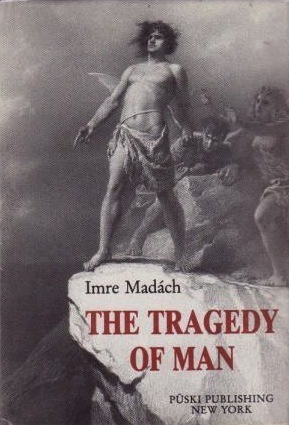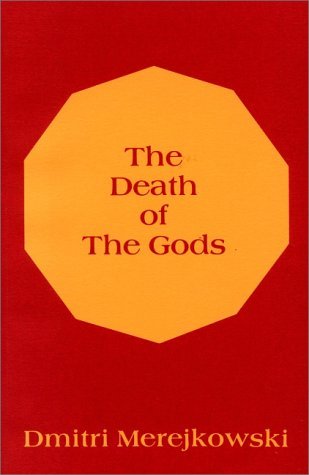
The Tragedy of Man
Book Description
What if every moment of human existence teetered on the edge of despair and hope? "The Tragedy of Man" unfolds a breathtaking odyssey through time, portraying humanity's relentless struggle against fate and the darkness within. As characters grapple with love, betrayal, and the weight of their choices, the tapestry of civilization unfurls in all its splendor and tragedy. Each act ignites a fierce battle between aspiration and nihilism, forcing souls to confront the eternal questions of meaning and purpose. Can humanity rise beyond its own tragedies, or is doom its inescapable destiny?
Quick Book Summary
Imre Madách's "The Tragedy of Man" is a sweeping poetic drama that explores the nature of humanity, history, and existential struggle. The play follows Adam, Eve, and Lucifer as they travel across epochs, witnessing the rise and fall of civilizations, the swings between hope and despair, and the perennial contention between good and evil. Through a series of visionary scenes—from ancient Egypt and Greece to futuristic dystopias—Madách confronts the reader with the recurring cycles of human ambition and frailty. The play interrogates whether progress is illusory and if meaning can be found in the face of suffering and apparent futility. Ultimately, "The Tragedy of Man" offers a nuanced meditation on the resilience of the human spirit and the enduring search for purpose, even as it acknowledges the shadows of doubt and tragedy that accompany existence.
Summary of Key Ideas
Table of Contents
The Eternal Struggle Between Hope and Despair
At the outset, Adam, Eve, and Lucifer emerge after the Biblical creation, as Adam is struck by existential doubt despite the idyllic paradise of Eden. Lucifer, embodying skepticism, persuades Adam to question divine authority and the purpose of human existence. This conflict sets the stage for their journey, blending philosophical dialogue with dramatic inquiry. Adam, driven by a desperate need to know humanity's fate, persuades Lucifer to reveal humanity’s destiny beyond the garden.
The Cyclical Nature of History and Human Ambition
With Lucifer as guide, Adam and Eve are transported through pivotal episodes in human history. They observe ancient Egypt, where despotism and religious ritual control the masses, and then ancient Greece, where the pursuit of knowledge and beauty is juxtaposed with underlying social hypocrisy. Each era reveals the limitations of human progress—political liberation turns to chaos, cultural flowering coexists with exclusion, and idealism decays into disillusionment.
The Search for Meaning Amidst Suffering
As the journey moves forward, Adam finds himself in medieval Byzantium, the French Revolution, Victorian London, and even a dystopian future. Each setting dramatizes a different form of human striving—whether for power, freedom, enlightenment, or utopia—yet these efforts are invariably thwarted by human fallibility and historical repetition. Madách uses these vignettes to probe the tension between aspiration and inevitable disappointment.
Freedom, Fate, and the Role of Free Will
Underlying every episode is Lucifer’s persistent challenge to Adam’s faith in progress and meaning. Adam’s own resolve wavers as he witnesses recurring injustice, brutality, and the apparent futility of human endeavor. The play thus plunges deeply into existential questions about free will, destiny, and the nature of evil. Despite the darkness, Adam repeatedly refuses to yield completely to despair, clinging to personal responsibility and hope for improvement.
The Contested Legacy of Civilization
In the culminating scene, Adam, exhausted by revelation, contemplates ending his own life, convinced of the futility he has witnessed. Yet a final voice—a divine command—urges him to act, not surrender. The play closes with the message "Man, strive on; may God be with you!" suggesting that meaning lies not in grand historical vindication, but in the continuous effort to pursue goodness, hope, and self-betterment even within adversity. Madách’s masterpiece remains an enduring reflection on the paradoxical tragedy and dignity of human existence.
Download This Summary
Get a free PDF of this summary instantly — no email required.





